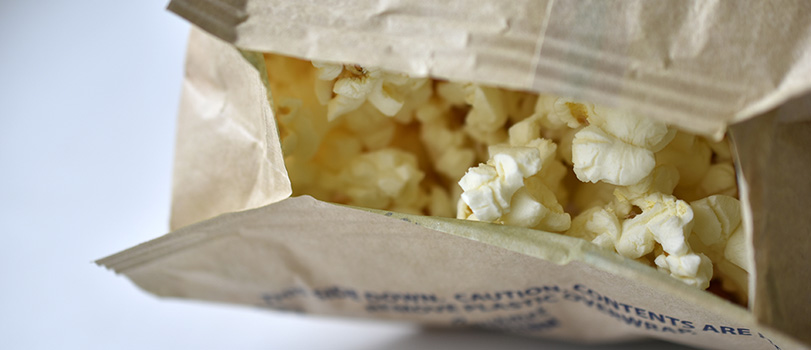Minnesota’s Ban on PFAS in Food Packaging Becomes Effective Jan. 1

Minnesota’s ban on intentionally added per- and polyfluoroalkyl substances (PFAS) in food packaging becomes effective on January 1, 2024. (See Minn. Stat. § 325F.075.) The ban was included in an omnibus environment, natural resources, and tourism bill that was signed into law on June 29, 2021. We previously reported on the law here.
This PFAS-in-food packaging law defines “food package” as “a container applied to or providing a means to market, protect, handle, deliver, serve, contain, or store a food or beverage.” The Minnesota Pollution Control Agency (MPCA) takes a broad view of the scope of products encompassed by the law, stating on its PFAS Use Prohibitions site that the law is applicable “to everything from the inks used on food and beverage containers to the interior or exterior blocking, bracing, cushioning, weatherproofing, tape, shrink wrap, or strapping used to protect the containers during shipping.”
On November 29, 2023, MPCA held a webinar on the PFAS-in-food packaging law. During a discussion on screening and testing for PFAS, MPCA staff noted that although some companies use a 50–100 parts per million (ppm) total organic fluorine (TOF) limit as an “action level” and that California follows a 100 ppm TOF threshold pursuant to Section 109000(a)(3)(B) of its Health and Safety Code, MPCA could take action based on any detected result from its screening tests, as a threshold concentration limit is not specified in its PFAS-in-food packaging law. When asked to identify the method that will be used to screen PFAS, an MPCA official stated that the Agency is still learning about various methods and is seeking input on test methods. MPCA has experimented with the following analytical methods: (1) [total organic fluorine] concentration, and (2) [total fluorine] – [total inorganic fluorine] concentration.
Other highlights from the webinar include:
- Confirmation from MPCA that there is no sell-through period for food packaging that contains intentionally added PFAS beyond January 1, 2024;
- MPCA stating that it lacks statutory authority to grant waivers for this ban;
- MPCA noting that it may act on citizen complaints and test results on “food packages” received after January 1, 2024; and
- Confirmation that traces of PFAS in virgin or recycled feedstock will not be considered intentionally added if the PFAS are not used for a specific function in the final product. However, MPCA encouraged manufacturers to engage their suppliers to reduce any non-intentional sources of PFAS.
MPCA also noted that food packaging is exempt from Minnesota’s PFAS notification law. Under this notification law, also known as Amara’s Law, any manufacturer selling, offering for sale, or distributing products that contain intentionally added PFAS in Minnesota must report the products to MPCA by January 1, 2026. The required information includes:
- A brief description of the product, including a universal product code (UPC), stock keeping unit (SKU), or other numeric code assigned to the product;
- The purpose for which PFAS are used in the product, including in any product components;
- The amount of each PFAS, identified by its Chemical Abstracts Service registry number, in the product, reported as an exact quantity determined using commercially available analytical methods or as falling within a range approved for reporting purposes by the commissioner;
- The name and address of the manufacturer and the name, address, and phone number of a contact person for the manufacturer; and
- Any additional information requested by the commissioner as necessary to implement the requirements of this section.
Amara’s Law also expands Minnesota’s PFAS prohibitions to cookware (and 10 other categories of products) containing intentionally added PFAS, effective January 1, 2025, and all products containing intentionally added PFAS, effective January 1, 2032, unless the use of the PFAS in the product is determined to be a currently unavoidable use by the MPCA. Rulemaking for these upcoming bans is currently in progress.